23.11.2018 - Green Class - innovations for the sustainable development of educational institutions
The third day of the section "Ecology – Green Mind" at the International Forum Innovation Market was devoted to education for sustainable development.
In particular, the experienced experts conducted a training "Green Class - Innovation for Sustainable Development of Education", which was attended by more than 150 executives, teachers / trainers and methodologists form general education institutions and universities, hobby groups leaders and NGO representatives.
The topic of the training was of great interest due to the fact that comprehensive environmental education is one of the priority directions of modern educational standards. Such education should be related to the practical component of the functioning of an educational institution, which involves the systematic improvement of its environmental effectiveness. This was emphasized by Svitlana Fitsailo, a representative of the Ministry of Education and Science of Ukraine at the beginning of the training.
The Moderator of the training, Svitlana Berzina, president of the All-Ukrainian NGO "Living Planet", noted that the measures for conservation of energy, heat, water, separate collection of solid household wastes will save resources and funds for educational institutions. Proper management of hazardous waste will ensure compliance with safety requirements and minimize environmental impact. Sustainable procurement will create a more comfortable and healthy educational environment.
This idea made the basis for the environmental standard developed by the Technical Committee for Standardization TC 82 "Environmental Protection" for the educational institutions "Green Class".
This standard is based on the Green Office standard. It establishes the criteria for assessing the environmental and human health effects associated with the functioning of educational institutions. Unlike the "Green Office", one of its criteria is the integration of the environmental component into the education and training system, which aims at building environmental competence at different levels: from domestic to professional.
During the training, the issue of environmental competence in the comprehensive education was considered as a prerequisite for the introduction of the Green Class standard. The participants got acquainted with the requirements, experience and benefits of standard implementation. Great attention was paid to the new educational projects for sustainable development, which are currently being implemented in Ukraine.
In addition, within the framework of the training, the presentation of a new informational and educational project for students "Lessons from Sustainable Consumption" was held.
The educators took part in the questionnaire, whose aim was to receive feedback on the relevance of the issues raised and the practical experience of implementing the elements of environmental education, identifying obstacles and ways to solve them.
Following the results of the questionnaire, it turned out that all educators understand the importance and wish to implement the principles of environmental education in their educational institutions. In particular, 99% are interested in the implementation of the Green Class standard and 100% want to use the informational and methodological materials of the Lessons from Sustainable Consumption project.
The educators also claim that to introduce environmental education elements they need help, in particular, methodological recommendations, technical (financial) support and expert advice. In this direction, the majority of respondents (67%) noted the importance of cooperation with public organizations.
Materials and presentations available for download:
Information materials and recommendations for the implementation of the Green Class standard
Environmental competence is the task for education for sustainable development
Olga Prutsakova, PhD in Pedagogics, Senior Researcher, Laboratory of Out-of-School Education, Institute for Educational Problems of National Academy of Pedagogical Sciences of Ukraine
The Green Class Standard – Practices and Benefits of Implementation
Halyna Buzan, Director of the Center for Environmental Standardization of the State Ecological Academy of Postgraduate Education and Management
Presentation of a new informational and educational project for students "Lessons from Sustainable Consumption"
Andriy Khrut’ba, expert NGO "Living Planet"
Lessons and educational events on sustainable forest management and forest conservation
Anna Starodub, FSC Ukraine
Presentation of the project "Energy-Efficient Schools"
Ruslan Tormossov, Executive Director of the All-Ukrainian Charitable Organization "Institute for Local Development"
Separate collection of recycling materials in educational institutions: from lessons to waste disposal
Serhiy Volkov, School Recycling Project Manager
Composting of organic waste in the secondary school "Compola"
Nikita Shulga, founder of the educational project "Lystochky” (Leaves)
Forms of assistance required for the implementation of the Green Class standard:

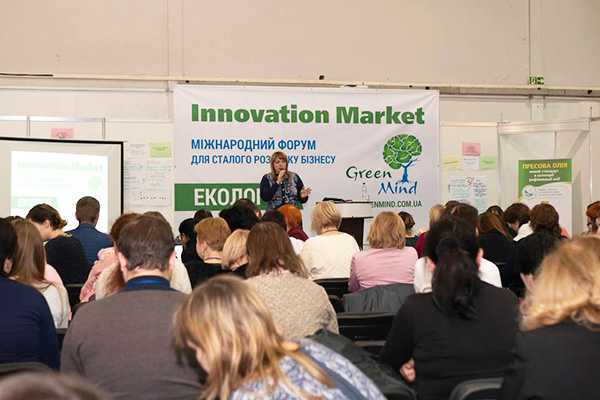


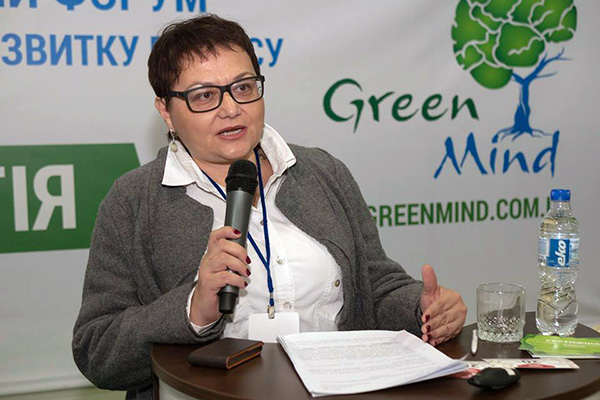


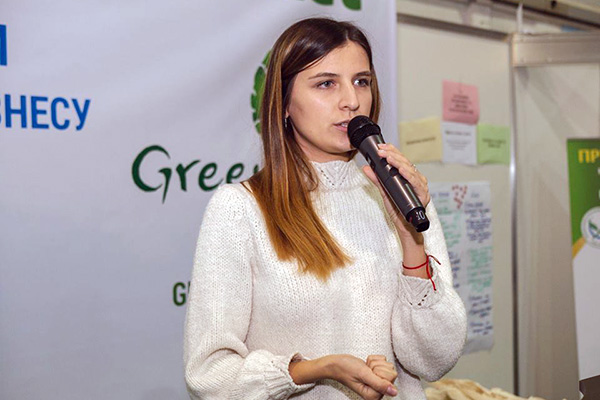
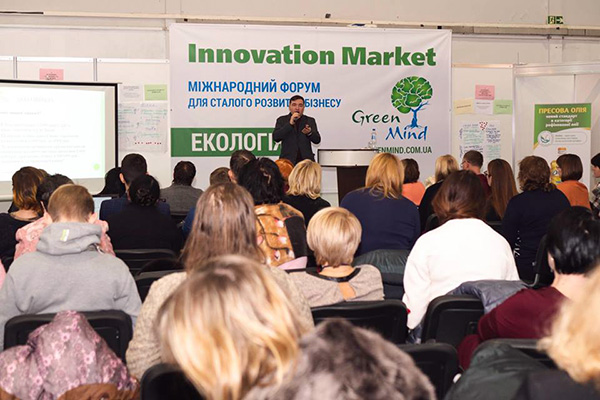
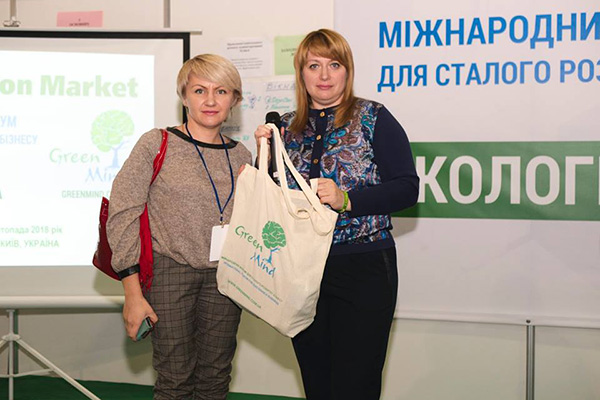
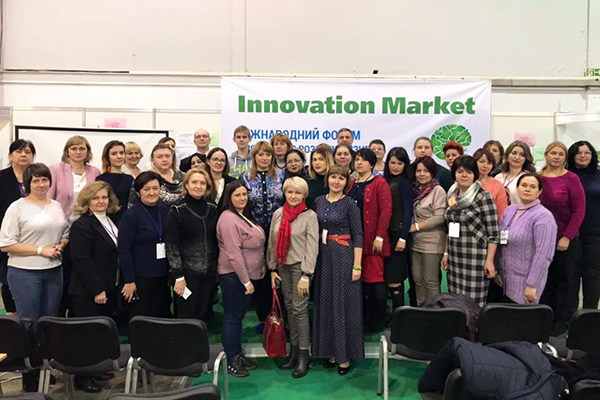
With the support and participation

Partner
